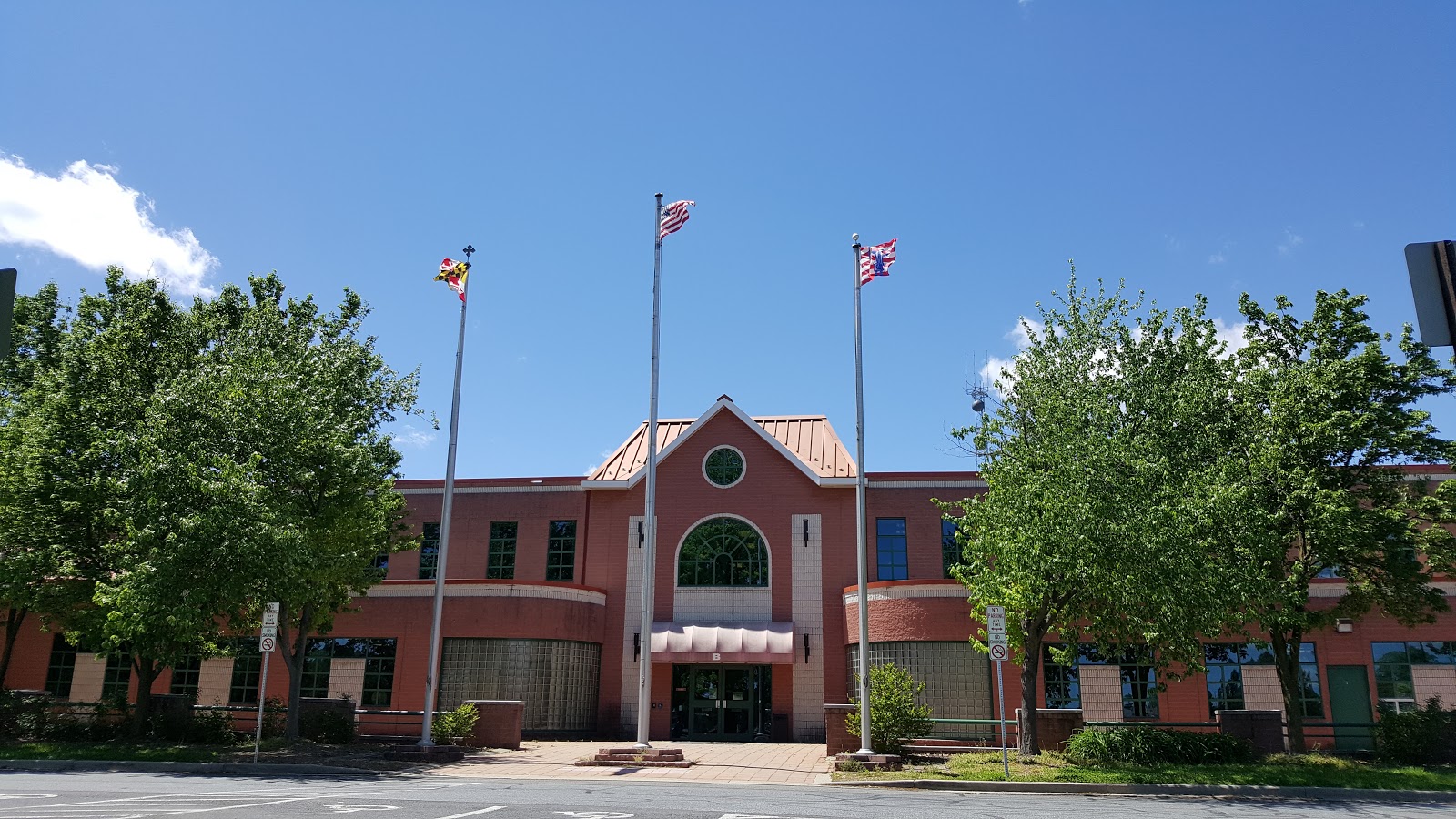Overview
Frederick County Health Department - Mental Health Services is a mental health treatment center for people seeking treatment near Frederick County. As part of their treatment modalities for recovery, Frederick County Health Department - Mental Health Services provides couples/family therapy, group counseling, and cognitive behavioral therapy during treatment. Frederick County Health Department - Mental Health Services is located in Frederick, Maryland, accepting medicaid for treatment.
Frederick County Health Department - Mental Health Services at a Glance
Payment Options
- Medicaid
- Medicare
- State mental health agency (or equivalent) funds
- County or local government funds
- Cash or self-payment
Assessments
- Comprehensive mental health assessment
- Comprehensive substance use assessment
Age Groups
- Young adults
- Adults
- Seniors
Ancillary Services
- Family psychoeducation
- Suicide prevention services
Treatment At Frederick County Health Department - Mental Health Services

Conditions Treated
Alcoholism:
Alcohol addiction is when a person becomes physically and mentally dependent on alcohol, leading to mood swings, impulsive actions, intense cravings, and withdrawal symptoms. Treatment includes supervised detox, therapy, and support groups. It's important to note that rehabilitation doesn't "cure" alcoholism, but it helps individuals better manage their addiction, regain their ability to function in daily life, and improve their overall well-being.
Mental health treatment:
Mental health treatment involves a range of therapeutic approaches, provided by licensed professionals, to address mental health challenges. It includes psychotherapy, medication, and holistic practices to help individuals manage conditions, improve coping skills, and enhance overall well-being. The goal is to empower individuals to lead fulfilling lives and reduce the stigma surrounding mental health.
Substance use treatment:
Substance abuse treatment programs can help to address addiction and, if relevant, any co-occurring mental health conditions. Programs include outpatient, inpatient, dual-diagnosis, and partial hospitalization. The addict will receive therapies like cognitive behavioral therapy, or dialectical behavioral therapy, and sometimes complementary therapies like acupuncture and mindfulness-based therapy. By attending skills training and recovery groups you’ll build a strong foundation for your recovery and strengthen your support network, increasing your chances of long-term recovery success.
Co-occurring Disorders:
Dual-diagnosis rehabilitation centers specialize in the treatment of individuals who suffer from a co-occurring mental health disorder and a substance use disorder. This complex interplay between addiction and mental health can make recovery more challenging, as each condition may exacerbate the symptoms of the other. Dual-diagnosis rehabilitation centers offer an integrated approach that addresses both issues simultaneously and often includes a comprehensive assessment for an Integrated Treatment Approach through Holistic Therapies, including family therapy and aftercare treatment.

Levels Of Care
Outpatient:
Outpatient programs are designed for individuals in stable medical condition with a low risk of relapse, often those who've completed inpatient treatment. These programs extend the foundation of prior treatment approaches, offering continuous addiction guidance and resources for sustained recovery. For those transitioning straight from detox, medical and psychological assessments are typically conducted, leading to the development of individualized treatment strategies. The majority of outpatient rehab centers provide diverse care levels, customized to each client's unique requirements.

Treatment Modalities
Couples/family therapy:
Whether it's a marriage or another committed relationship, intimate partnerships hold immense significance in one's life. Substance addiction profoundly impacts both partners, just as rehabilitation and recovery do. Couples therapy and other relationship-focused treatments play a crucial role in uncovering addiction triggers and fostering healthy habits to sustain sobriety.
Group counseling:
Group therapy entails therapeutic sessions conducted in a collective setting rather than one-on-one. It encompasses various modalities, from support groups and experiential therapy to psycho-education and beyond. The approach focuses on treatment and emphasizes the dynamic interactions and shared experiences among group members.
Cognitive behavioral therapy:
Cognitive Behavioral Therapy (CBT) is a evidence-based psychotherapeutic approach that aims to address dysfunctional emotions, behaviors, and cognitions through a goal-oriented, systematic process. It involves identifying and challenging negative thought patterns and beliefs and replacing them with more constructive ways of thinking and behaving. CBT is commonly used to treat a variety of mental health disorders, including depression, anxiety, and phobias.
Telemedicine/telehealth therapy:
Telehealth Therapy is a level of care that offers psychological counseling and therapeutic services to individuals via digital platforms, such as video conferencing, phone calls, or messaging apps. This approach allows clients to connect with qualified therapists remotely, providing increased accessibility, flexibility, and convenience, especially for those who may have mobility issues, live in remote areas, or prefer the comfort of their own environment. By leveraging technology, Telehealth Therapy bridges the gap between patients and mental health professionals, ensuring continuity of care irrespective of physical distances.
Contact Information
DISCLAIMER: The facility name, logo and brand are the property and registered trademarks of Frederick County Health Department - Mental Health Services, and are being used for identification and informational purposes only. Use of these names, logos and brands shall not imply endorsement. BetterAddictionCare.com is not affiliated with or sponsored by Frederick County Health Department - Mental Health Services.

